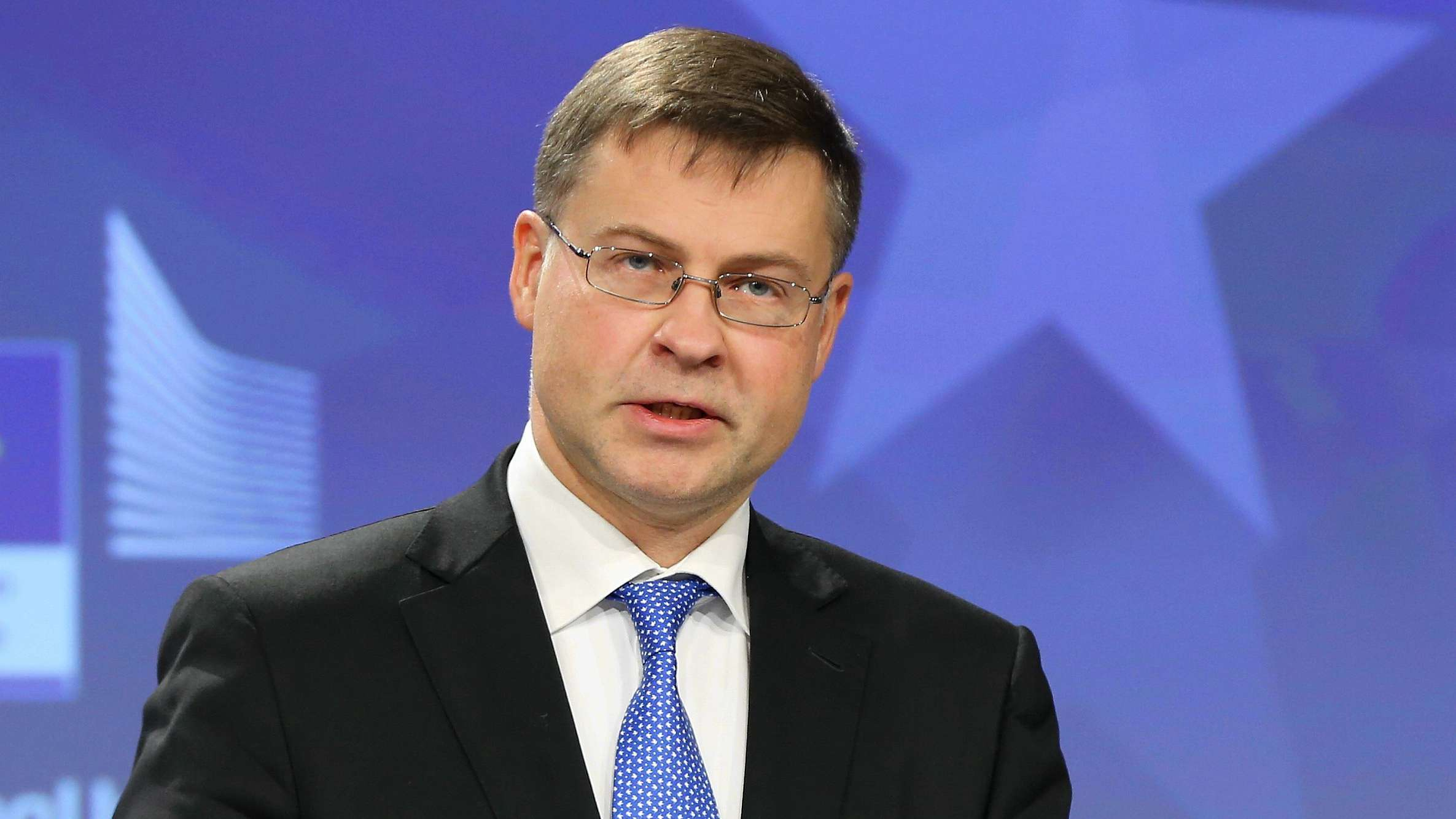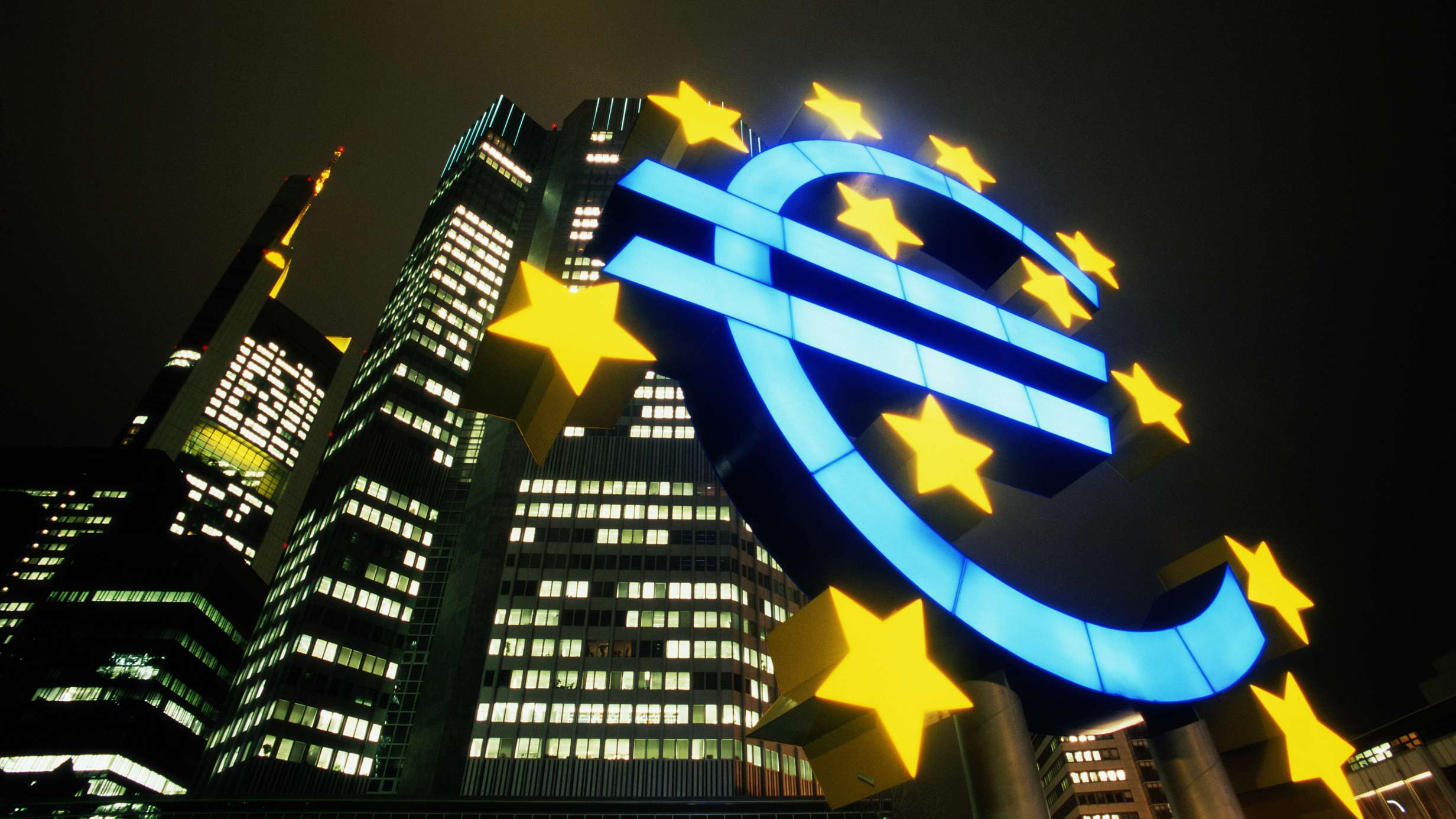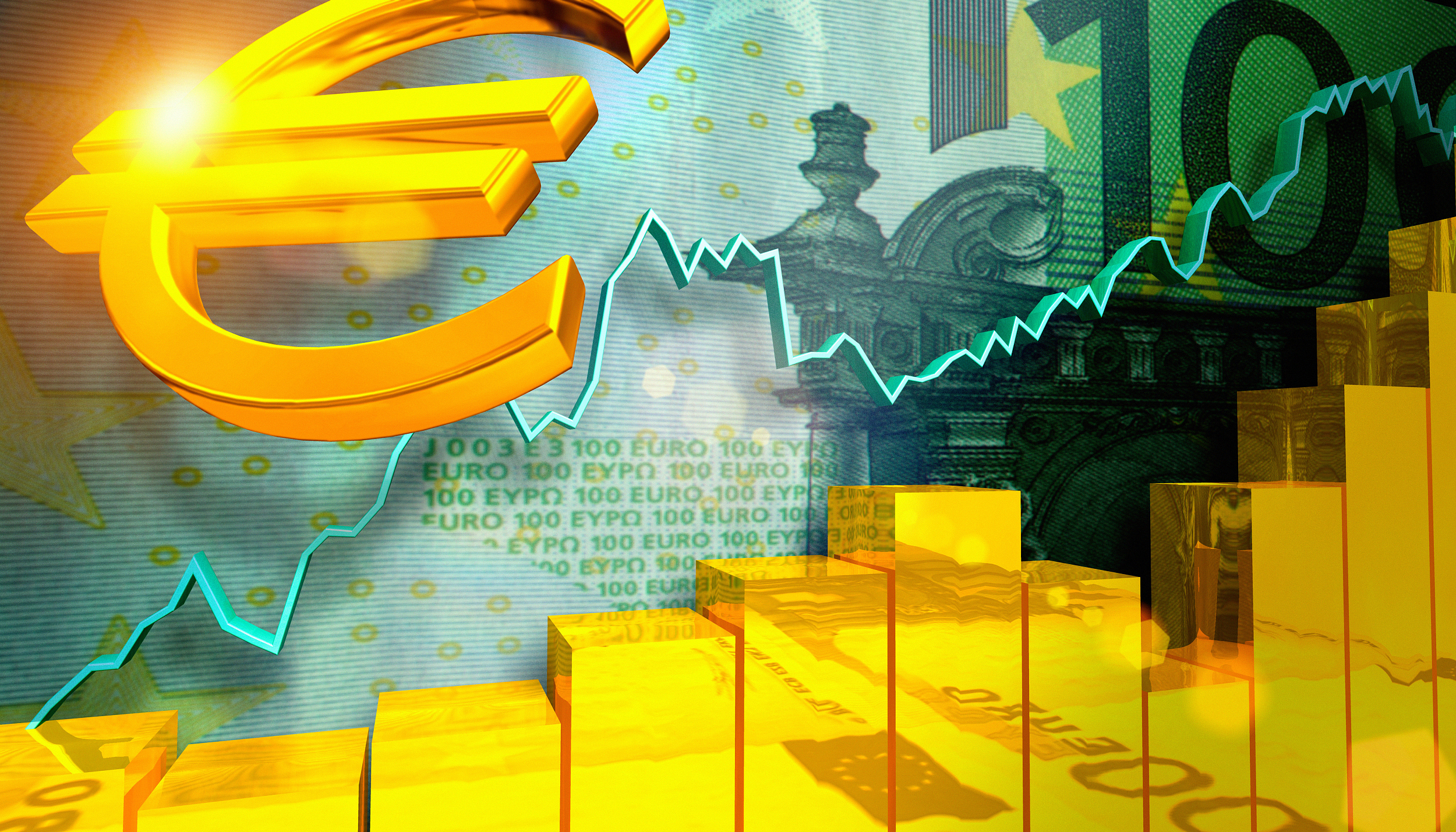
Finance Commissioner Valdis Dombrovski at the EU Commission headquarters in Brussels, Belgium, February 27, 2019. /Reuters Photo
Finance Commissioner Valdis Dombrovski at the EU Commission headquarters in Brussels, Belgium, February 27, 2019. /Reuters Photo
The European Union is considering tighter rules to counter the flow of dirty money into the region's banks and other economic sectors, EU officials said on Thursday.
Following a spat of money-laundering scandals at several lenders that highlighted weak oversight by national authorities, the EU is also considering setting up a new agency or beefing up existing EU-wide agencies.
New rules under consideration could increase controls over sectors where risks of money laundering are high, such as financial services, gaming and real estate, said Finance Commissioner Valdis Dombrovski.
One official said stricter rules could also hit intermediaries, like lawyers or tax advisers. The EU has already changed its anti-money laundering rules twice over the past five years to keep up with emerging threats and close loopholes.
Speaking after a meeting of EU finance ministers, Dombrovski said there was also support for plans for reducing states' leeway in applying existing rules.
Currently, the 28 EU states have large discretion in imposing sanctions to wrongdoers and in fighting financial crime. This creates loopholes that criminal organizations exploit.

As part of the overhaul, many ministers supported the creation of a new agency at EU level that would take over supervision powers from national authorities, officials said.
"We need to be ready to discuss some forms of EU supervisory body. It should have an independent structure and decision-making," Finnish Finance Minister Mika Lintila said at the end of the meeting.
The European Central Bank and the EU parliament have called for an EU agency against money laundering, which they believe could better counter the flow of illicit money, estimated by the United Nations to amount to around two trillion U.S. dollars a year globally.
Many governments have long opposed changes to the supervision of financial crime, fearing they would lose power and be forced to share sensitive information.
At the meeting on Thursday, some ministers cautioned against changes. One official said Estonia, Malta and other smaller states were among the least keen on reforms.
Last year, the Estonian branch of Danske Bank emerged as the epicenter of the largest money-laundering scandal in the EU. Two Maltese banks have stopped operations since last year because of money-laundering allegations.

France, Italy, the Netherlands and Austria pushed instead for a comprehensive reform, officials said. Germany's finance minister, Olaf Scholz, remained silent during the ministerial debate. Berlin has in the past opposed major reforms.
Talks among states will continue. A final decision on the new framework is expected in December, officials said.
Source(s): Reuters